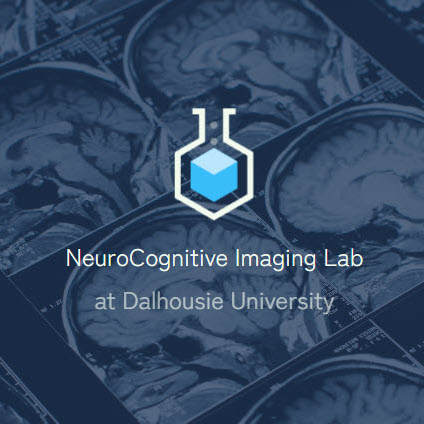

CORG explores how the brain and AI shape learning, media, and the future of work through interdisciplinary research at Dalhousie University.

At CORG we are developing new approaches to educational technology, social media, and workplaces. We take an interdisciplinary perspective using neuroimaging and artificial intelligence techniques, applied to management contexts. CORG is led by Dr. Colin Conrad and is based out of the Faculty of Management at Dalhousie University in Halifax, Canada.
What happens in your mind when you watch long lecture videos or use learning systems? We are investigating the best ways to learn online by observing the brain.
It's easy to create social media disinformation using AI. What are the brain factors that make us susceptible to disinformation, and how can people stay attentive?
Remote work is hard, but some organizations are really good at it. We are finding ways to transfer those skills to a broader audience and to more people.
The publications below include papers published in either journals or conference proceedings which involved more than one team member using lab resources. In addition to our core team, we work closely with other lab groups, including the Dalhousie NeuroCognitive Imaging Lab (NCIL) and Dalhousie Natural Language Processing Group (DNLP).
Conrad, C., Baokye, N., and Newman, A. (2025).
2025 NeuroIS Retreat.
Conrad, C., Nissen A., Masoumi, K., Ramchandani, M., Fecury Braga, R., and Newman, A. (2025).
Computers in Human Behavior: Artificial Humans, 5(8).
Fereidoonian, S., and Conrad, C. (2025).
AMCIS 2025 Proceedings
Nissen, A., Conrad, C., Seeber, I., and Newman, A. (2025).
Journal of the Association for Information Systems 26(4)
Shakkeb, H., and Conrad, C. (2025).
AMCIS 2025 Proceedings
Our team is made up of researchers and students who study the role of technology and the brain in learning, media, and work.

Principal Researcher

Undergraduate Researcher

Undergraduate Researcher
Position Available
Position Available
Position Available


Moral Support
We collaborate with leading organizations to advance research in cognition and technology.


